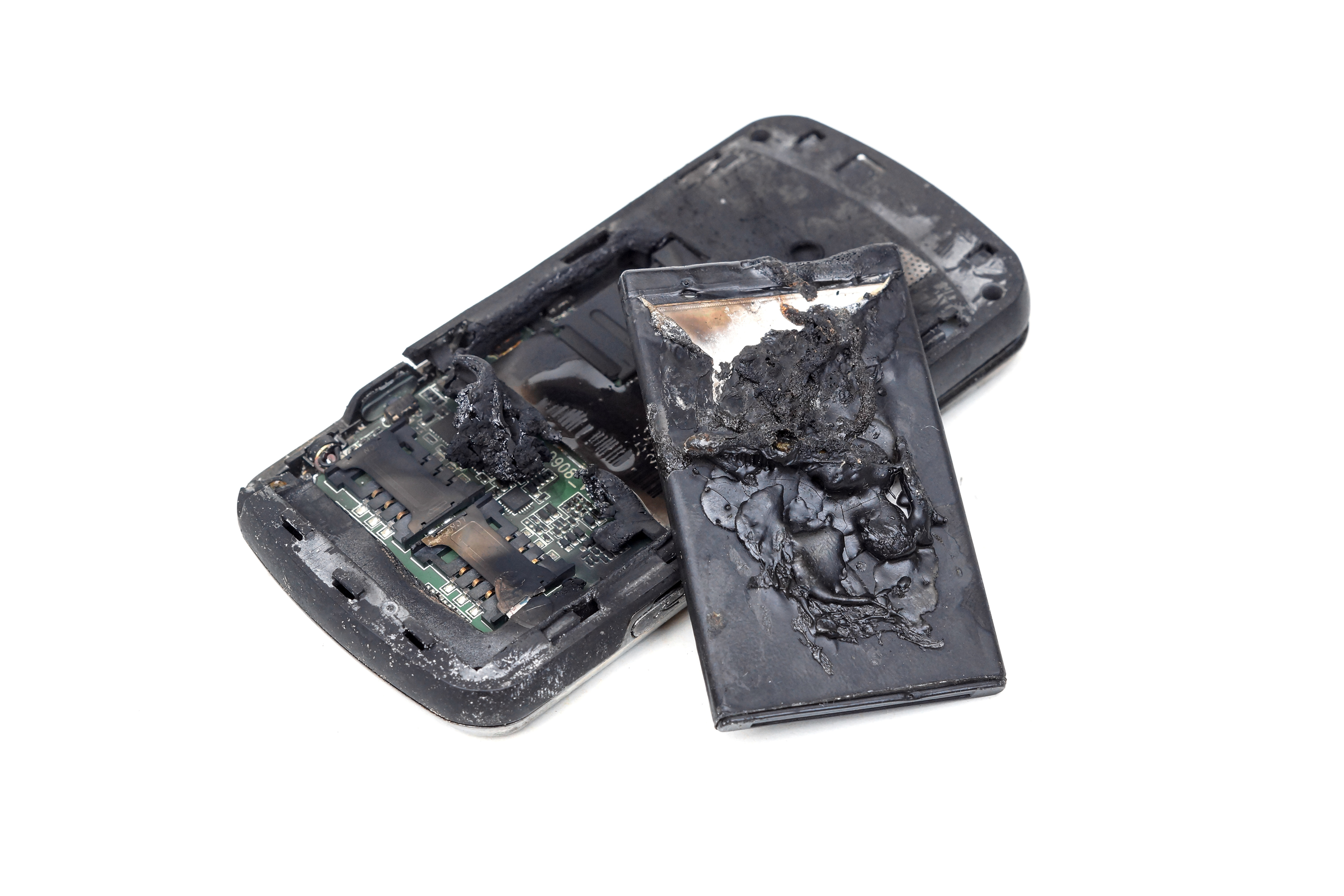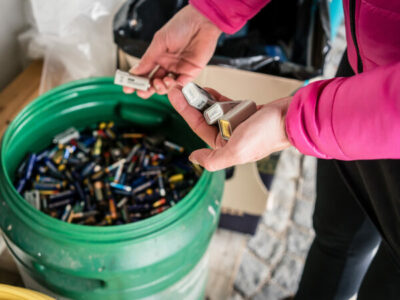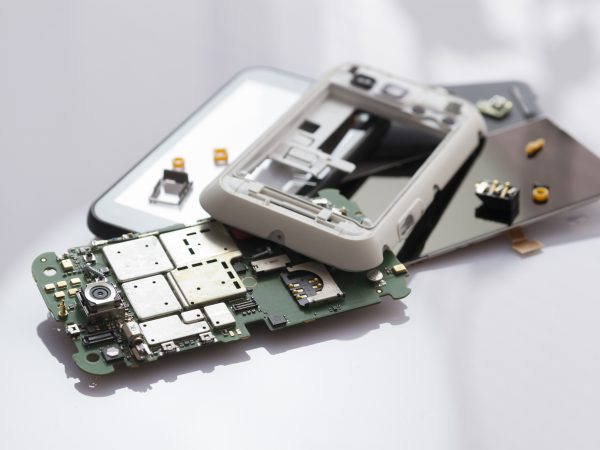
Lithium-ion batteries are a type of rechargeable battery found in numerous electronic devices, including laptop computers, cameras, power tools, and cell phones. Although accidents happen infrequently, those that do occur may be spectacular, resulting in an explosion or fire.
Garbage trucks, waste facilities, and recycling centers around the U.S. are seeing consumers put electronic devices with lithium-ion batteries into the regular waste stream. When microscopic metal particles come into contact with certain parts of the battery cell, it causes a short circuit which can be explosive. While this is rare, chances of an accident increase when these electronic devices get crushed or shredded after being improperly handled.
The dangers of lithium-ion batteries have not stopped manufacturers from putting them in millions of devices each year. You may recall companies like Samsung and Dell have recalled laptops and cellphones over problems with flammability. Overheated lithium-ion batteries can also cause toxic fluoride gas emissions, making it even more imperative that the general public knows how to safely and properly handle these batteries.
The best way to responsibly dispose of lithium-ion batteries is to find an electronics recycler in your area certified to the e-Stewards and R2 standards. This will ensure that your batteries and devices will be safely handled and not landfilled or incinerated. If your battery is already removed from the device, we recommend taping the positive and negative terminals with scotch or electrical tape. This will prevent the battery terminals from rubbing with other metals and creating a spark during transport.
Also note that lithium-ion batteries are not the same as alkaline batteries that are often bought for children’s toys, remote controls, and flashlights. Alkaline batteries do contain materials that can and should be recycled, but they do not pose a serious safety risk when it comes to explosives or toxic gas emissions.



